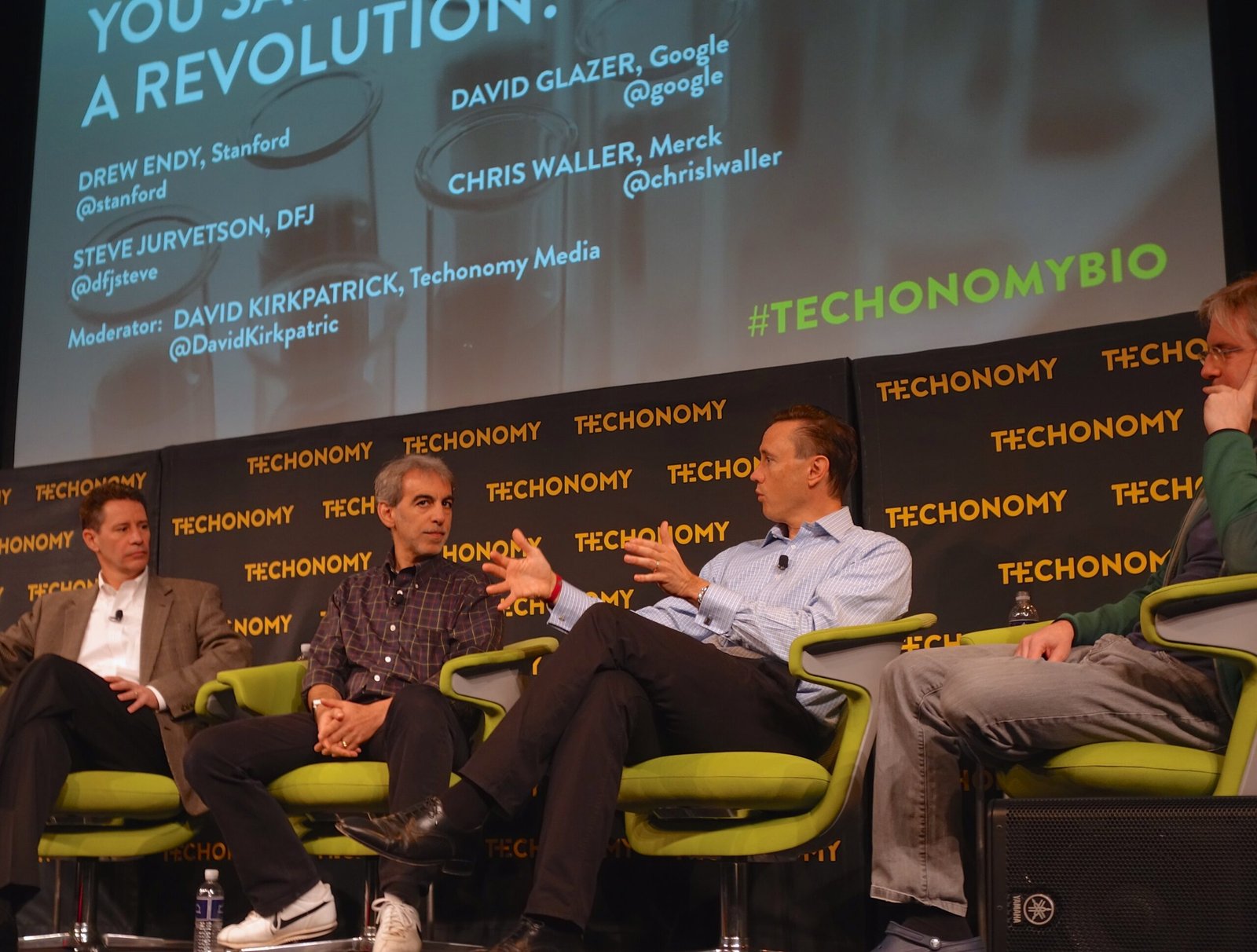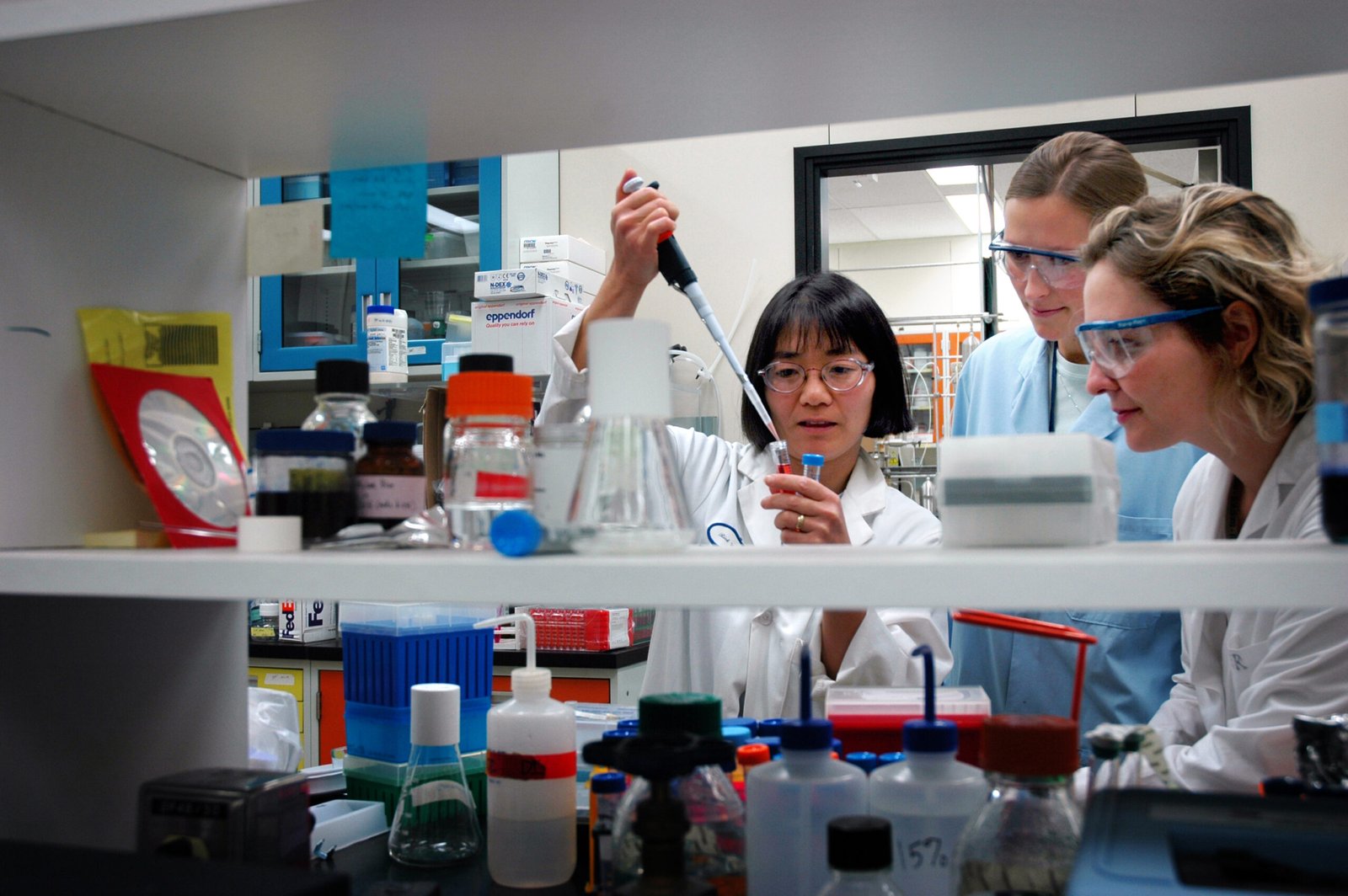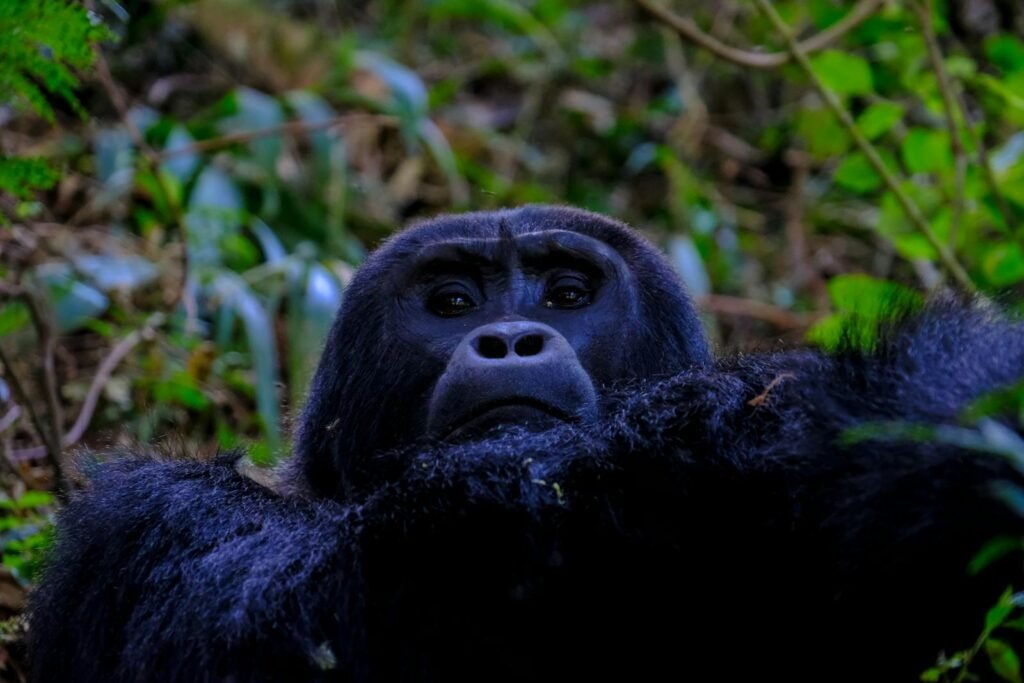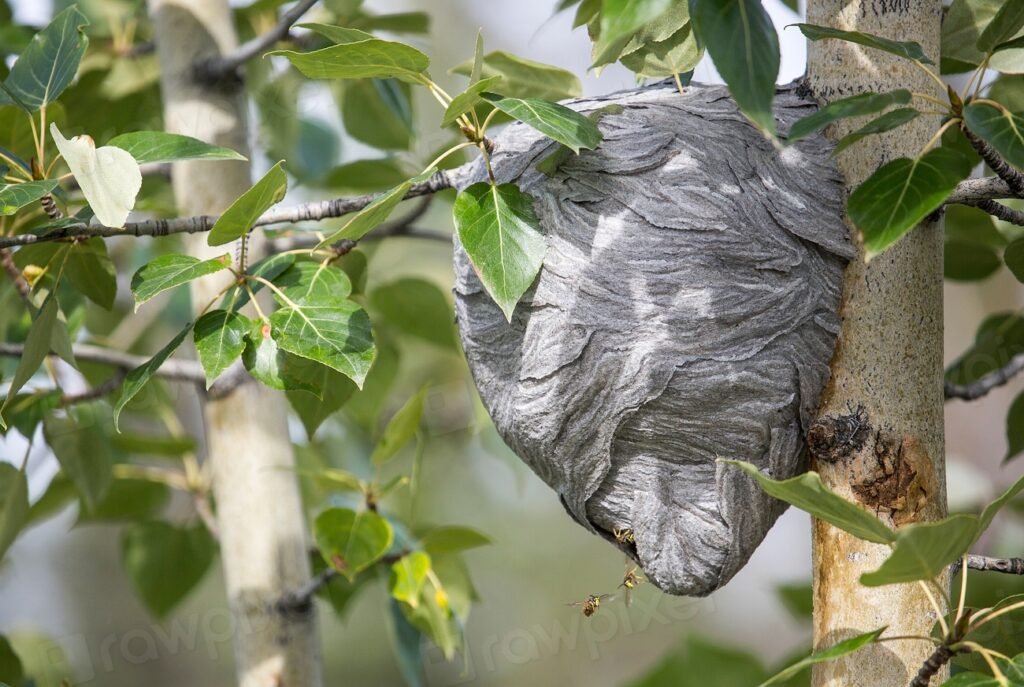Imagine a world where the very essence of life—genes, species, and the building blocks of nature—can be claimed, bought, and sold. It sounds like science fiction, yet this scenario is unfolding in courtrooms, laboratories, and farmlands across the globe. The debate over whether a species can be patented is a storm of scientific innovation, ethical dilemmas, and high-stakes business. As biotech giants race to unlock the secrets of DNA, ordinary people, farmers, and even entire nations are left wondering: who truly owns life?
The Origins of Genetic Patents
The idea of patenting life is a surprisingly modern phenomenon. It wasn’t until the late 20th century that science advanced far enough to manipulate genes with precision. The landmark case in 1980, Diamond v. Chakrabarty, forever changed the landscape when the U.S. Supreme Court ruled that a genetically modified bacterium could be patented. This single decision opened the floodgates for companies to seek patents not just on inventions, but on living organisms they altered. Suddenly, genes, animals, and even plants became valuable intellectual property, setting off a global race for genetic ownership.
What Does It Mean to Patent a Species?
Patenting a species isn’t about owning every living example of that species. Instead, it means claiming exclusive rights to a specific genetic sequence or modification. For example, if a scientist creates a crop resistant to disease by tweaking its DNA, they can potentially patent that genetic change. This patent gives them control over how the modified species is used, sold, and reproduced. It’s like owning the rights to a unique recipe rather than every loaf of bread made from it. The implications, however, reach far beyond the lab, affecting farmers, researchers, and consumers worldwide.
The Science Behind Genetic Modification
Genetic modification is at the heart of this debate. Scientists use sophisticated techniques to insert, delete, or alter genes within an organism’s DNA. These changes can make crops more resilient, livestock healthier, or even cure genetic diseases. For example, genetically modified soybeans dominate agriculture because they can survive herbicides that kill weeds. Each breakthrough sparks hope for better yields and medical miracles, but also raises the question: should these life-altering changes be owned by anyone at all?
Legal Frameworks: Where the Law Stands
Laws on genetic patents differ dramatically from country to country. In the United States, the law traditionally favored innovation, allowing patents on living things if they were “man-made” or sufficiently altered. In contrast, Europe draws a firmer line, often refusing patents on animal or plant varieties, especially if they occur naturally. International treaties like the TRIPS Agreement try to set global standards, but vast legal gray areas remain. The patchwork of regulations means what’s possible in one country may be illegal in another, creating a confusing landscape for innovators and the public alike.
Ethical Dilemmas: Should Life Be Owned?

The question at the heart of the debate is deeply philosophical: should anyone have the right to own life? Critics argue that patenting species commodifies nature, turning living things into products. Indigenous communities worry about “biopiracy”—the exploitation of traditional knowledge and native species by corporations. Others fear that patents could restrict access to vital seeds or medicines, putting profit above public good. On the other hand, supporters claim patents drive innovation, reward creativity, and spur investment in research that benefits humanity. The ethical stakes are as high as the scientific ones.
Real-World Examples: Seeds, Animals, and Medicines
The impact of genetic patents is already visible in everyday life. Farmers who plant patented seeds, like Monsanto’s Roundup Ready crops, must buy new seeds each year rather than saving them from previous harvests. In medicine, gene patents once threatened to limit access to diagnostic tests for breast cancer, until courts intervened. Even animals are affected: the “OncoMouse,” genetically engineered to be susceptible to cancer, was patented and used in research labs worldwide. Each case highlights the tension between innovation and control, profit and access.
Biopiracy and Indigenous Rights
Biopiracy is a hot-button issue in the debate over genetic ownership. When corporations patent plants or genes discovered in the wild—often with roots in indigenous knowledge—they sometimes do so without sharing benefits with local communities. The neem tree in India, prized for its medicinal properties, was patented by foreign companies despite being used for centuries by locals. Such cases fuel outrage and demand for laws that protect traditional knowledge and ensure fair sharing of profits. The fight over genetic resources is also a fight for justice and respect.
The Role of Biotechnology Companies

Biotechnology firms are the main drivers behind genetic patents. These companies invest heavily in research and development, seeking to create new drugs, crops, and therapies. Patents offer them a way to recoup these investments by granting temporary monopolies on their inventions. However, critics say this model can lead to excessive power, high prices, and restricted access to essential resources. The balance between rewarding innovation and protecting public interest is a tightrope that regulators struggle to walk.
Public Health and Access to Innovation
The debate over patenting species has direct consequences for public health. When key genes or therapies are patented, it can limit who can use them or drive up the cost of life-saving treatments. This was evident in the case of gene patents for breast cancer testing, which once meant only one company could offer the test—at a high price. When the courts ruled against gene patents, competition flourished and costs dropped, making crucial diagnostics more accessible. The stakes are deeply personal, affecting patients, doctors, and entire healthcare systems.
Looking to the Future: CRISPR and Gene Editing
The future of genetic ownership is being shaped right now by technologies like CRISPR, which allow for precise editing of DNA. With CRISPR, anyone could theoretically alter the genome of a plant, animal, or even a human. The rush to patent CRISPR-based inventions has already sparked intense legal battles and new ethical questions. Will the power to alter life itself remain in the hands of a few, or be shared for the benefit of all? The choices made today will echo far into tomorrow.
Key Takeaways and Reflections
The debate over whether a species can be patented is more than a legal or scientific puzzle—it’s a profound question about the relationship between humanity and nature. Genetic patents can drive stunning breakthroughs, but they also challenge our values and push us to rethink what should and shouldn’t be owned. As science advances at breathtaking speed, the need for thoughtful, fair, and ethical rules has never been greater. What would you choose: innovation at any cost, or the protection of nature’s most fundamental gifts?



